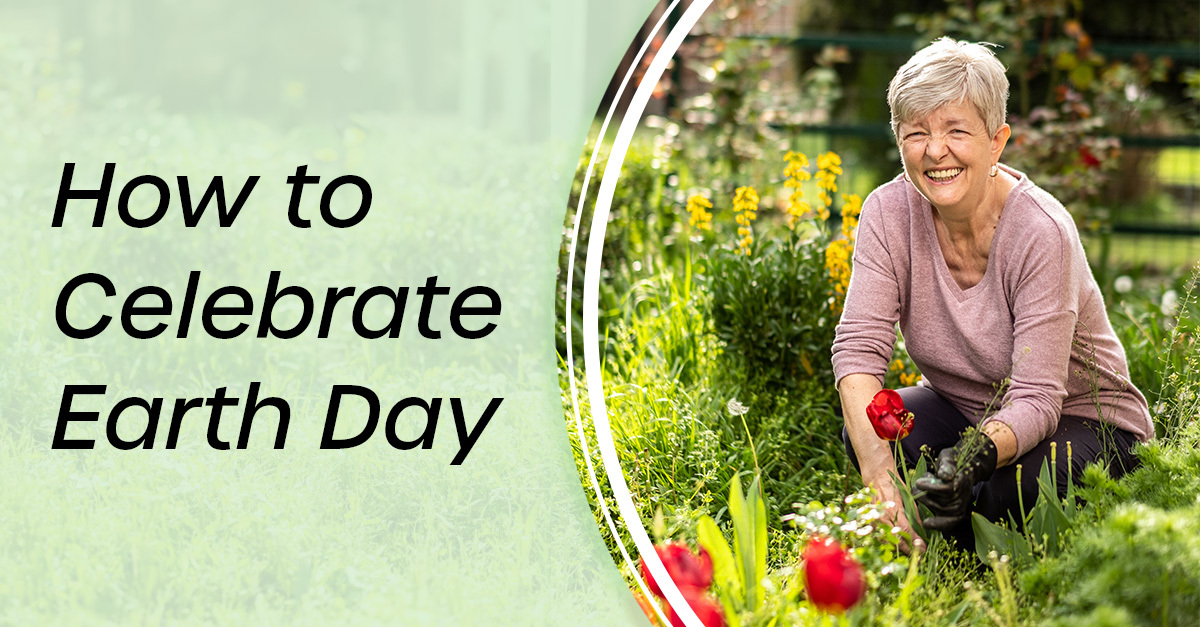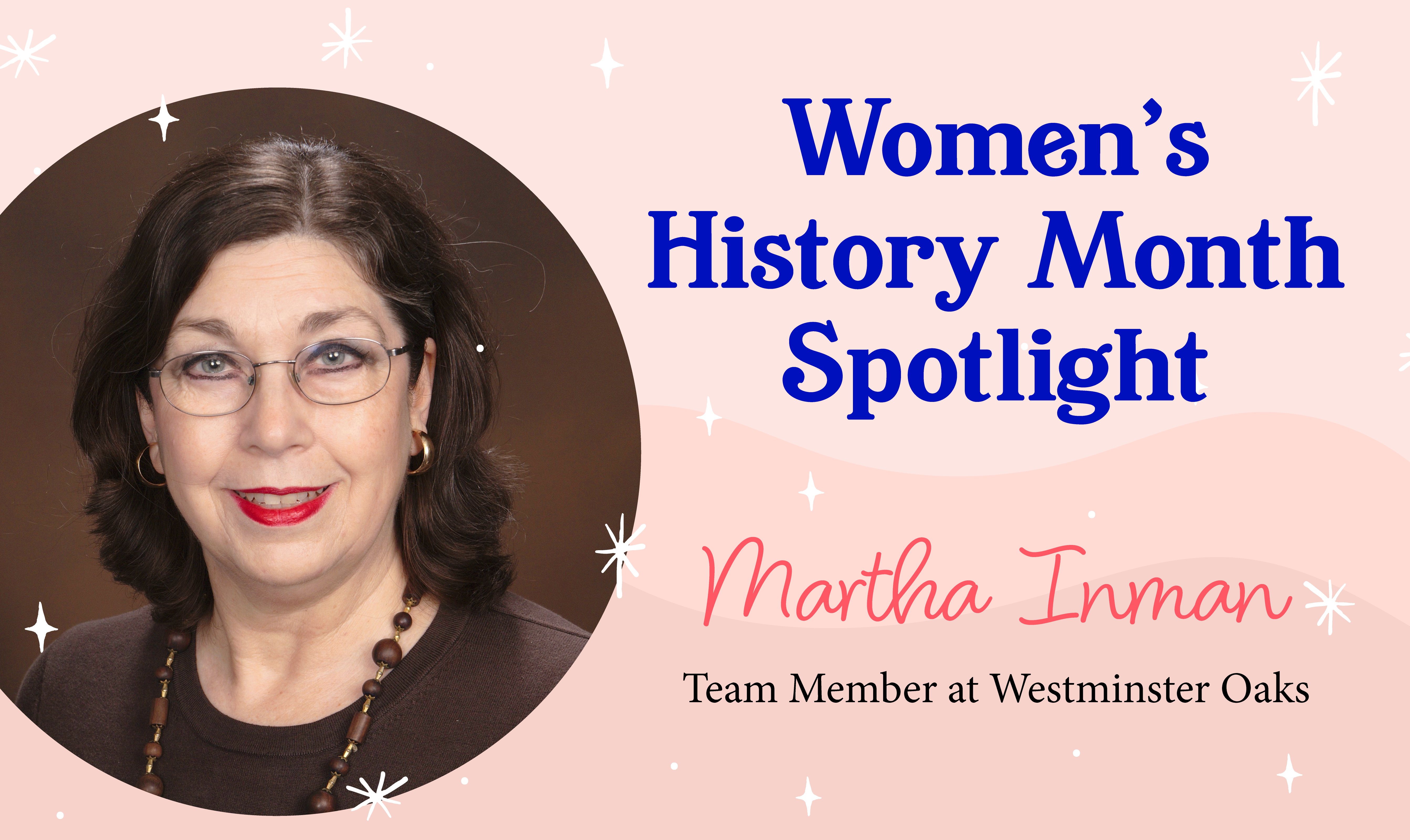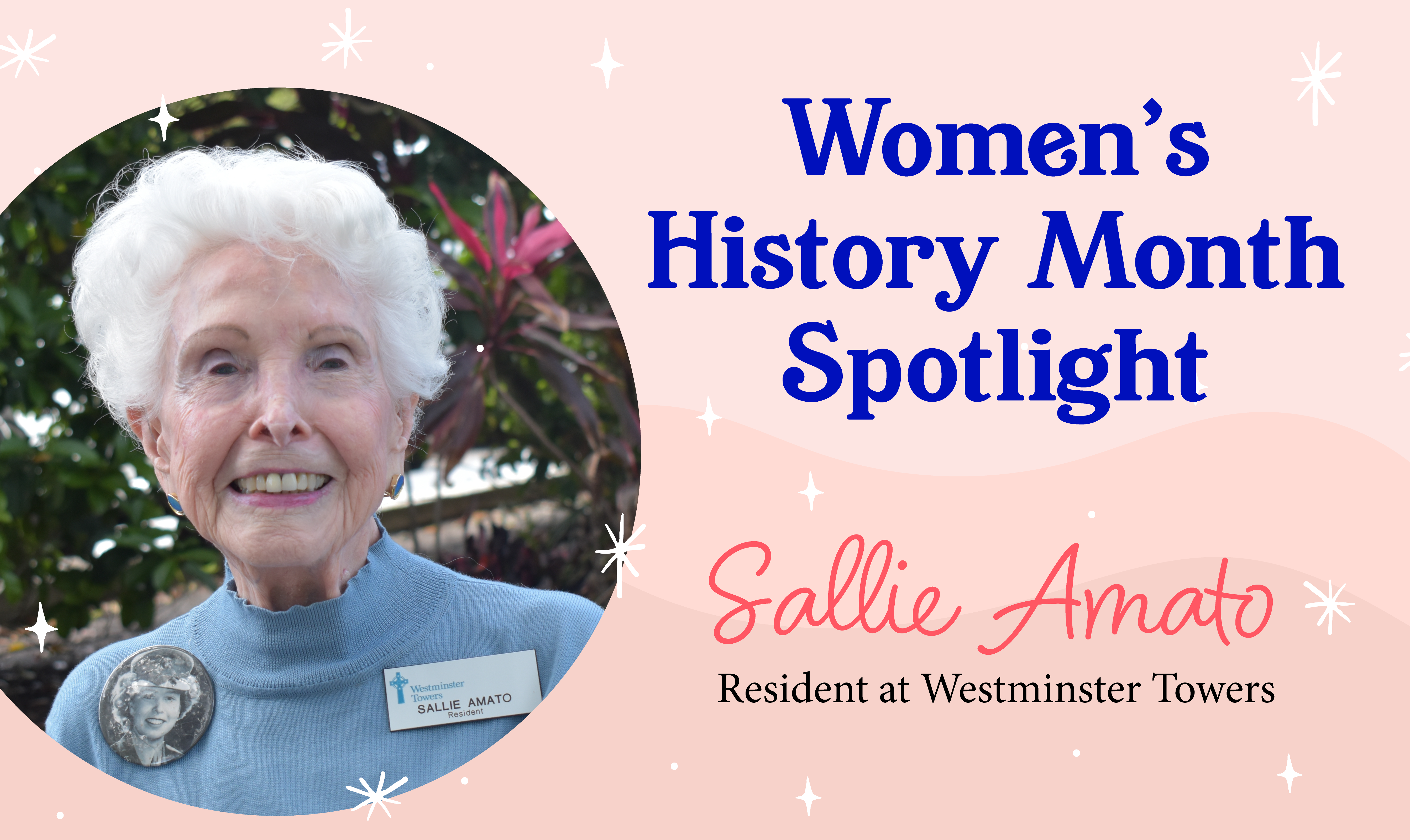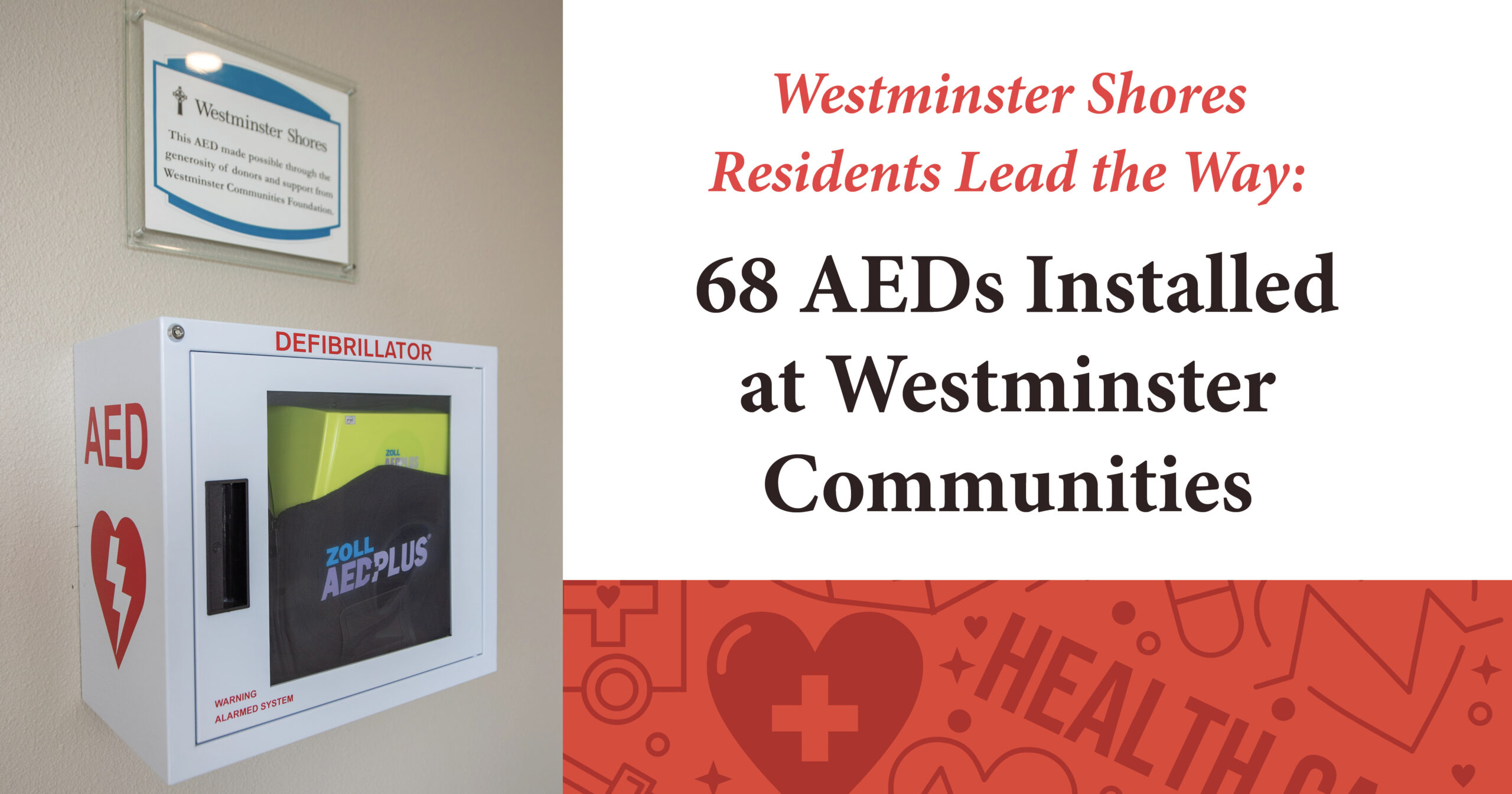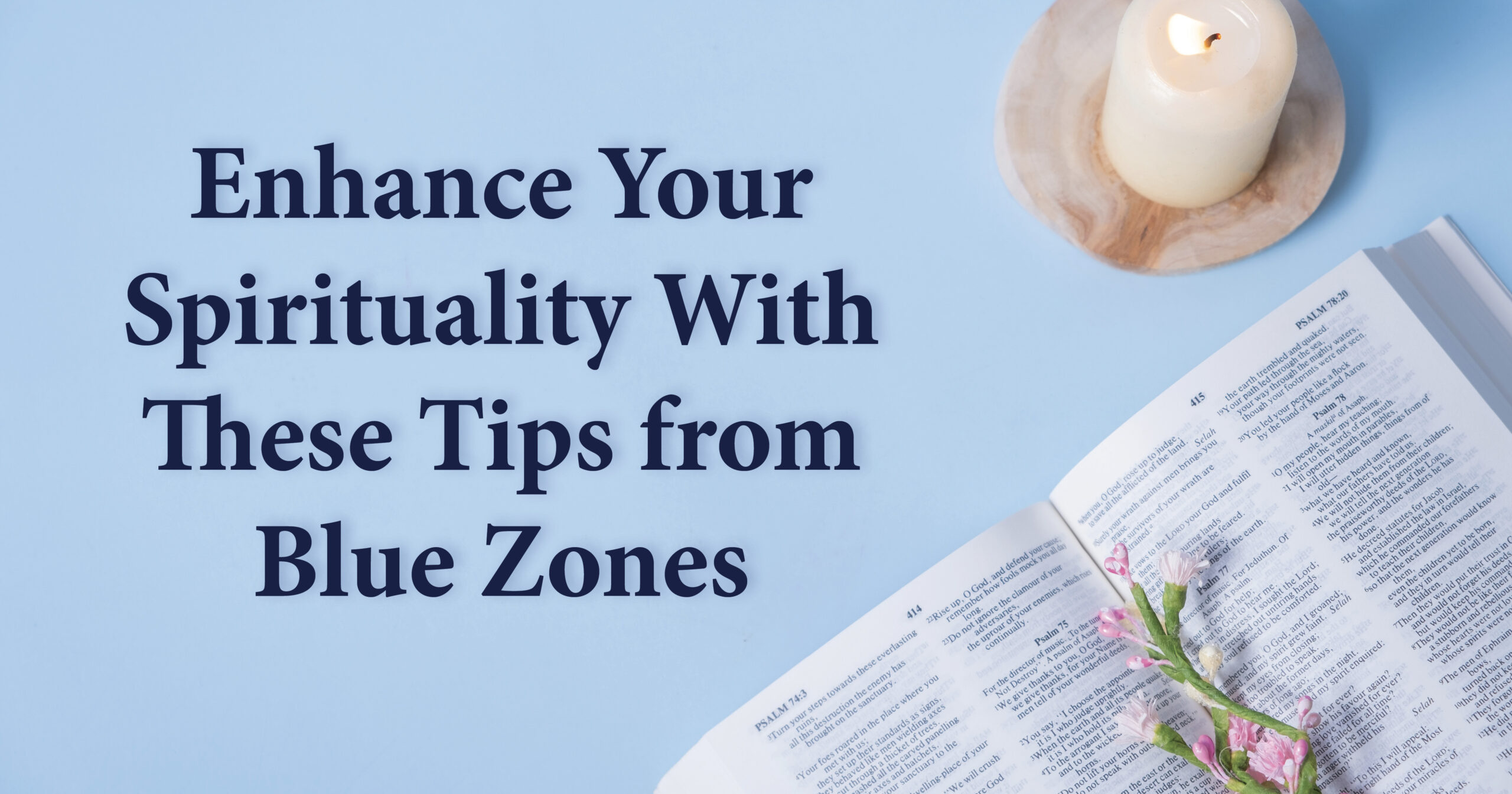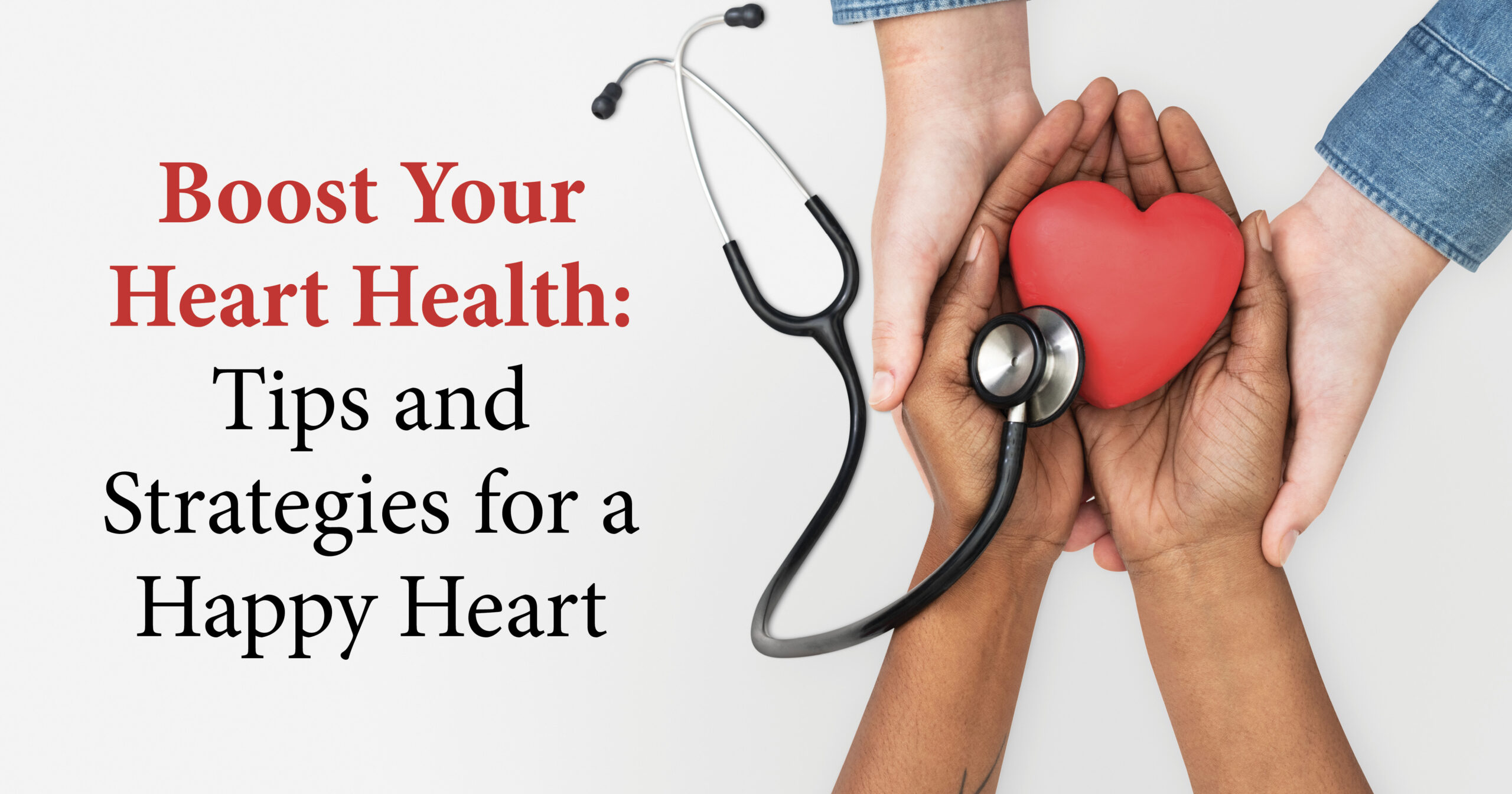Earth Day is next week, a global event that promotes environmental protection that began in 1970 is now celebrated in over 193 countries. For older adults, Earth Day holds particular importance as they become more conscious of their environmental impact and have the time and resources to contribute to environmental causes. We’ll explore five simple things that older adults can do to celebrate Earth Day and support the well-being of our planet.
Plant Trees and Pollinator-Friendly Plants
Planting trees in your garden or neighborhood has numerous benefits. They absorb carbon dioxide, reducing greenhouse gas emissions, and release oxygen for us to breathe. Trees also filter pollutants and prevent erosion, contributing to cleaner water. Additionally, planting pollinator-friendly plants attracts vital butterflies, bees, and other pollinators, supporting our ecosystem. Lastly, trees and these plants provide shade and habitat for local wildlife, enhancing biodiversity and enriching your local ecosystem.
Reduce, Reuse and Recycle
Reducing consumption means making conscious purchase decisions and buying only what’s necessary, reducing waste and greenhouse gas emissions. Reusing items extends their lifespan, reducing the need for new products. Seniors can mend, repurpose, or donate items like clothing and furniture. Using reusable bags, bottles, and cups is also beneficial. Recycling saves resources and reduces landfill waste. Seniors can participate in local programs or set up home recycling systems. Every small act makes a difference in preserving the planet!
Conserve Water
To conserve water and protect aquatic ecosystems, seniors can take these simple actions:
- Take shorter showers, aiming for under 5-10 minutes.
- Fix leaking faucets promptly to eliminate water wastage and reduce utility bills.
- Water lawns deeply but infrequently, allowing water to reach the roots. Watering in the morning or evening minimizes evaporation. Using collected rainwater for gardening further reduces freshwater usage.
Conserve Energy
Older adults can have a significant energy-saving impact by:
- Turning off lights when leaving a room to reduce energy waste.
- Unplugging appliances when not in use. Unplugging televisions, computers, and kitchen gadgets, can help save a substantial amount of energy over time. Power strips can be used to make unplugging multiple appliances easier and more convenient.
- Opt for public transportation or carpooling. Taking buses or trains for errands and social events, as well as carpooling with friends or neighbors, helps reduce greenhouse gas emissions and save energy.
Supporting Sustainable Businesses
Choosing sustainable businesses helps protect the environment by prioritizing responsible resource use and production processes. These businesses minimize waste, reduce energy consumption, and use renewable resources. Opting for local and organic produce reduces carbon emissions from transportation, supports local farmers, and promotes a healthier ecosystem by minimizing pesticide use.
How are you celebrating Earth Day and making a difference for the environment this year? Discover how residents at Westminster communities across the state are celebrating Earth Day by finding a location near you today!

